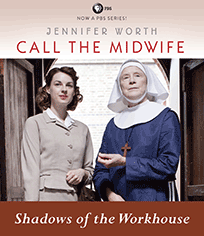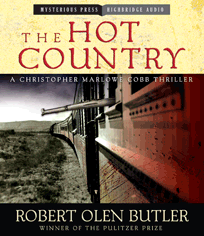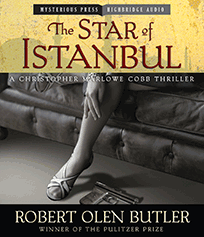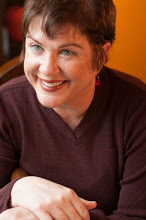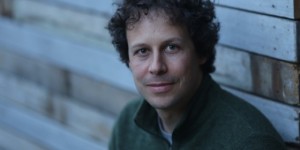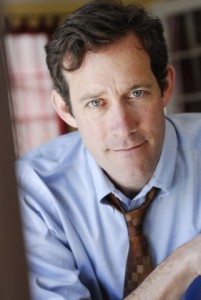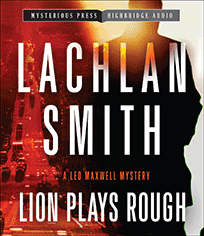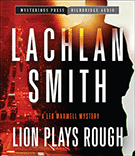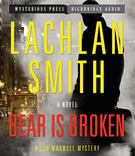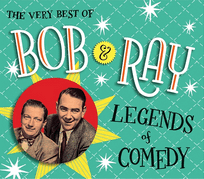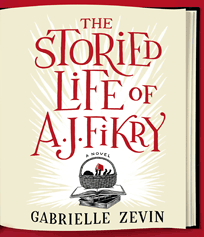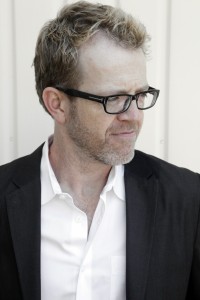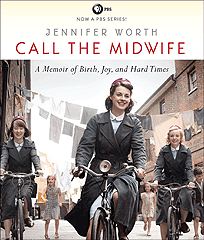 Incredibly moving, compassionate, shocking, funny, disturbing, and evocative of a time and place forever changed by the upheaval of post-World War II: Call the Midwife is Jennifer Worth’s memoir of her experiences as a midwife-in-training with an Anglican order of nuns in London’s Dockland slums in post-war 1950s. These dedicated nuns had worked amongst the poor Cockney residents of Poplar and surrounds since the 1870s.
Incredibly moving, compassionate, shocking, funny, disturbing, and evocative of a time and place forever changed by the upheaval of post-World War II: Call the Midwife is Jennifer Worth’s memoir of her experiences as a midwife-in-training with an Anglican order of nuns in London’s Dockland slums in post-war 1950s. These dedicated nuns had worked amongst the poor Cockney residents of Poplar and surrounds since the 1870s.
I was already familiar with Call the Midwife as the source of the BBC series—its third season airs in the U.S. on PBS this month. In the series. Jennifer Worth is Nurse Jenny Lee, the narrating character on the show. This audiobook tells the many human interest stories that appear in the series, but they go much deeper, including descriptions of post-War London housing before the slum clearances, community that was all-important and where no one locked their doors, and families forced to go into the Workhouse. Many stories of the community of nuns with whom she trained were touching, but I also I found myself laughing out loud at the hilarious stories about these strong and compassionate women.
I was immediately riveted by narrator Nicola Barber’s superb portrayal of the many characters in this memoir: her range of accents effortlessly produced are so authentic and convincing, you’d swear you were on the scene with the author. (It was a special treat to hear Ms. Barber, because my husband’s family hails from Poplar, and I instantly recognized the Cockney accents of his mother, aunts, uncles, and cousins.)
The conditions in which many women gave birth just half a century ago were horrifying, not only because of their grim and impoverished surroundings, but also because of what they were expected to endure. I gained a huge respect for the value of the midwife in the lives of these people; and also for the brave, strong women who struggled in often squalid and crowded conditions with often many children—5 to 6 children wasn’t considered a large family in those days. And the husbands were usually of little help in the home. That was strictly the woman’s domain, and she was expected to do the best with what she had.
While the author witnessed brutality and tragedy, she also met with amazing kindness and understanding, lightened by a great deal of Cockney humor. She also earned the confidences of some whose lives were truly stranger, more poignant and more terrifying than could ever be depicted in fiction. “So many of those great characters have stayed with me,” she said on the publication of Call the Midwife. “Most people in London at that time didn’t know the East End – they pushed it aside. There was no law, no lighting, bedbugs and fleas. It was a hidden place, not written about at all.”
Funny, disturbing and incredibly moving, Worth’s stories bring to life the colorful world of the East End in the 1950s. I can’t wait to dig into the second and third in the Call the Midwife series, also read by Nicola Barber: Shadows of the Workhouse and Farewell to the East End.
Jennifer Louise Worth, nurse and writer, born September 25, 1935; died 31 May 2011.


